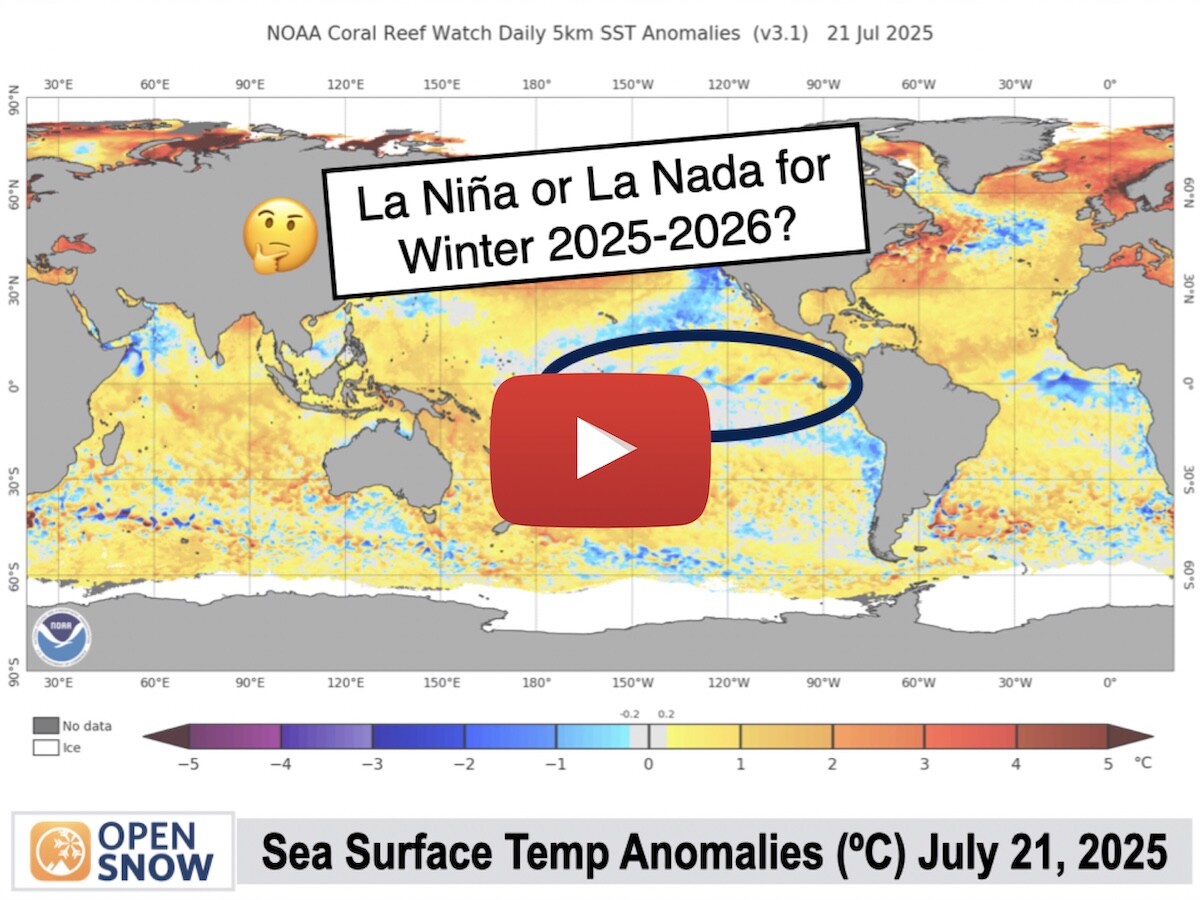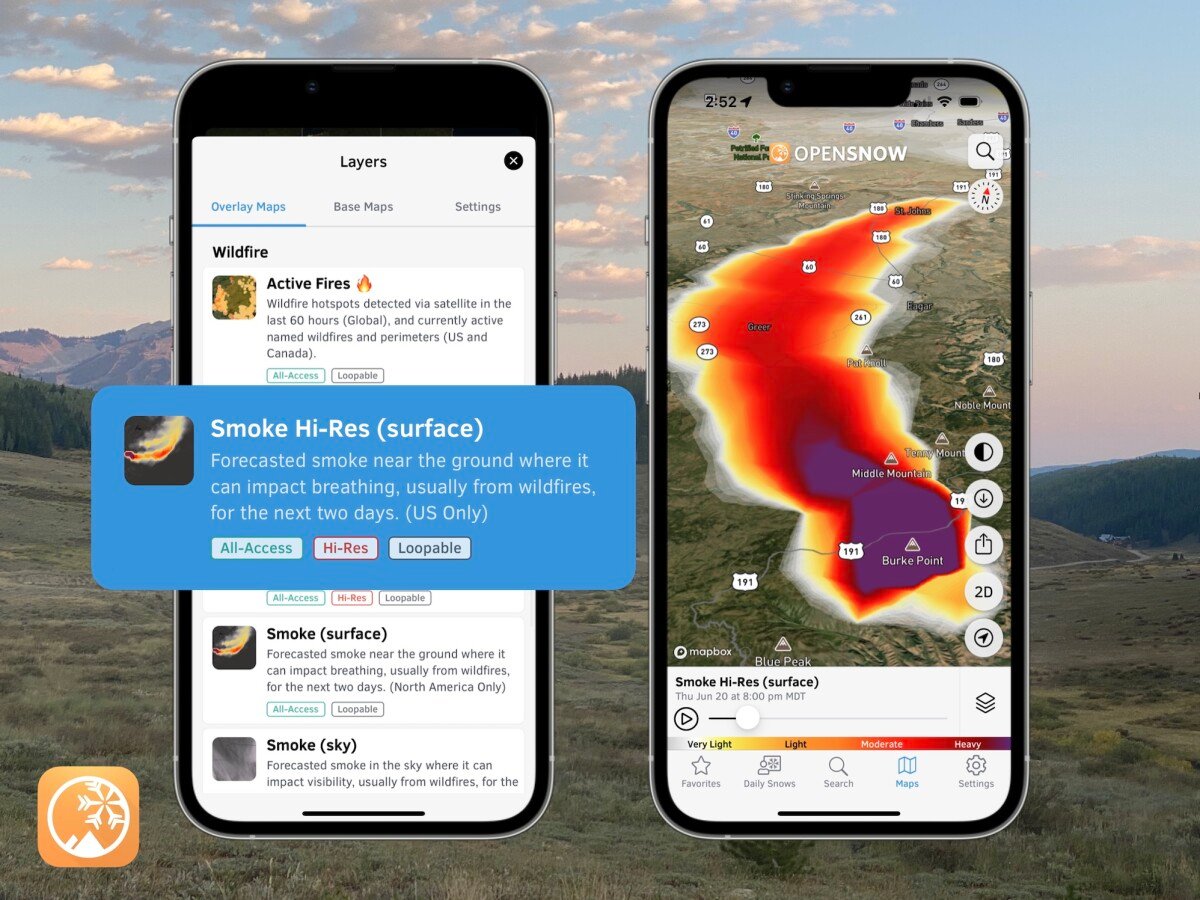US & Canada Daily Snow

By Joel Gratz, Founding Meteorologist Posted 8 years ago January 25, 2017
Snow and cold air shifts to the east through early February
Summary
Following an exceptionally snowy January in the western US, the atmosphere will shift the cool air and snow to the eastern US and Canada during the last few days of January and first few days of February. This transition may not last for long, however, as the western US and Canada may see powder return as early February 3rd.
Short Term Forecast
The central and southern mountains of the western US have seen incredible amounts of snow during the month of January. Parts of California have received 200-300 inches, snow totals in Utah are between 100-200 inches, and totals in Colorado are in the range of 50-125 inches.
During the next few days, the atmosphere will take a break from providing snow to the west, and will slowly transition the cold air and snow toward the eastern US and Canada.
Snowfall through the rest of this week (Wednesday 1/27 through Friday 1/29) will be heaviest in New England and eastern Canada as a storm pulls away from this area. The western US and Canada will generally see just light snow as the last of the moisture exits to the east.

During the upcoming weekend, January 28-29, the action will be in the east as cold air invades and snow showers move off the Great Lakes.

Then next week, including the last two days of January and the first three days of February, cold air will continue to bring snow to the eastern US and Canada, but you can see that already the atmosphere is bringing snow back to the west coast.

Specifically, the next storm for California, Oregon, Washington, and western Canada should arrive around February 3rd, and snowfall should continue for this area for at least a day or two. This storm should move to the east and drop snow in the Rockies around February 4-5.
Extended Forecast
Looking 10-15 days ahead, the temperature forecast shows cooler-than-average readings for the western US and Canada. This cooler-than-average temperature signal often means that snow will fall as well, though forecasting exact snow totals 10-15 days into the future is not very accurate.

The main takeaway is that, after a one-week break in the western US and Canada, powder days should return starting around February 3-4.
Stay tuned and thanks for reading!
JOEL GRATZ
Announcements
Powderchaser Steve is forecasting each week so you know when and where to find the best powder days across the western US. Follow him here: http://opensnow.com/dailysnow/chase
About Our Forecaster




